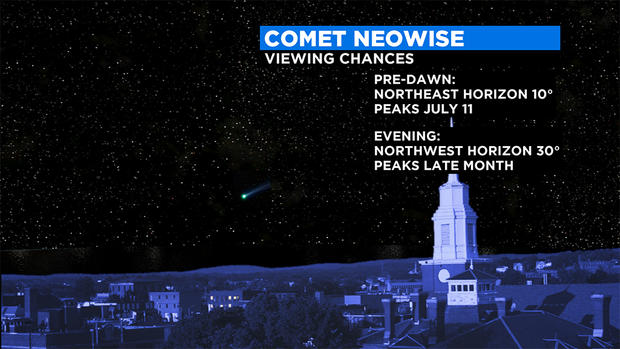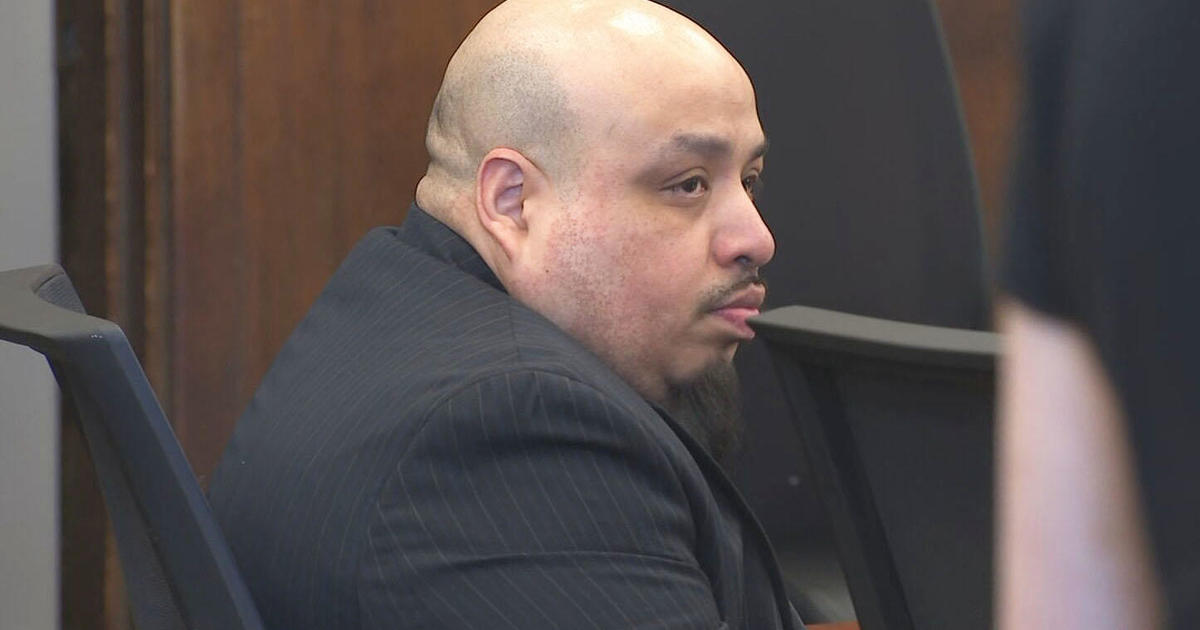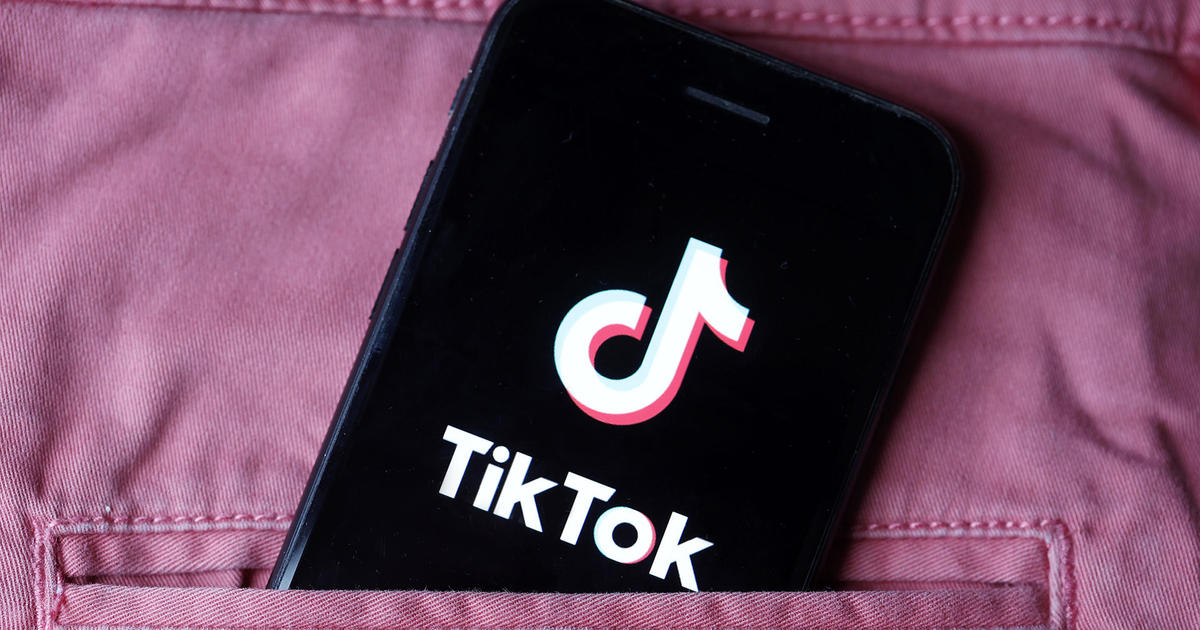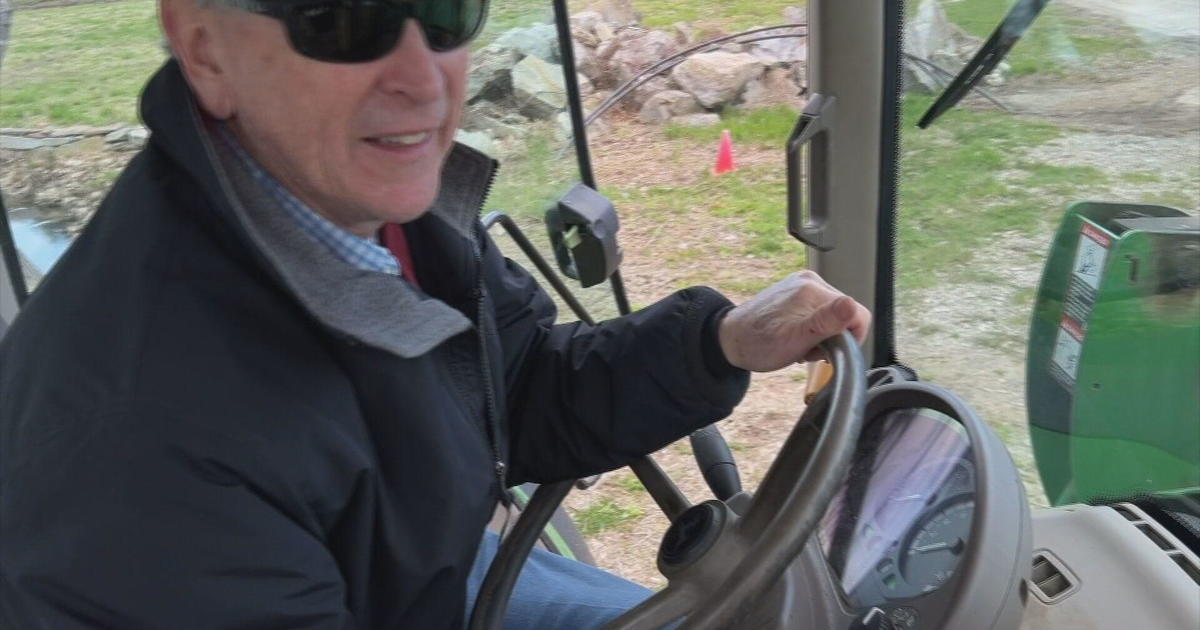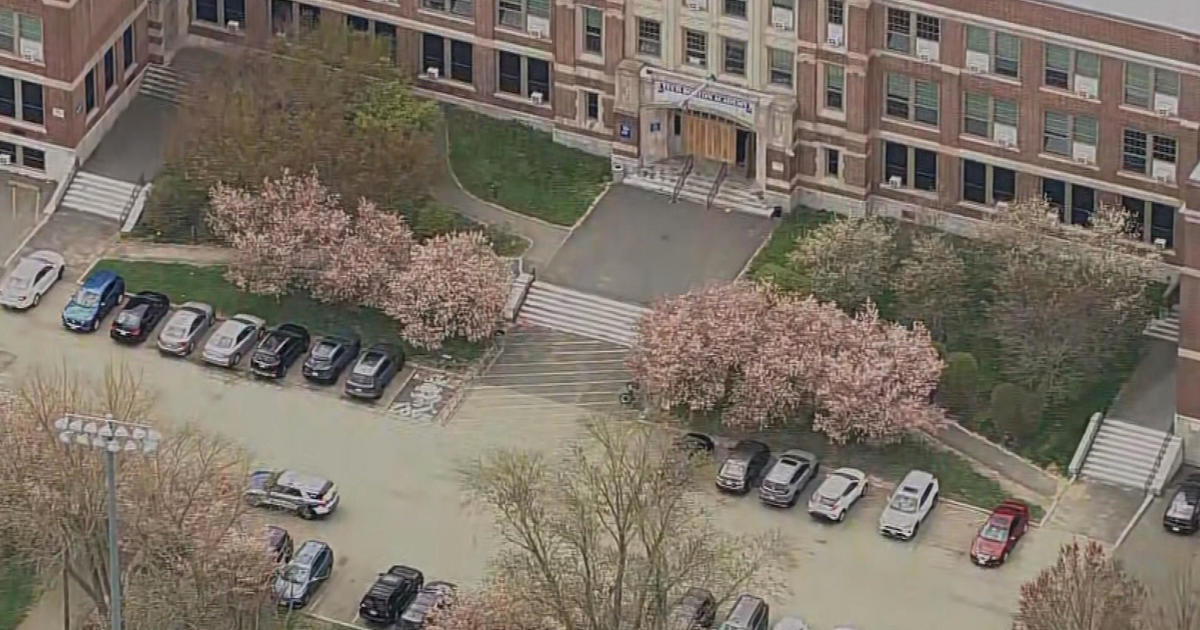Comet NEOWISE Could Be Visible To Naked Eye For Several Weeks 'Brighter Than Anyone Expected'
BOSTON (CBS) -- Skywatcher alert! There is potential for a significant find in our nighttime sky over the next few months! Comet NEOWISE is quickly gaining popularity and excitement amongst professional astronomers. Good comet viewing with the naked eye is something extremely rare, perhaps only occurring a handful of times in a lifetime. The last significant viewing in our area came back in 1997 with Comet Hale-Bopp.
When Comet NEOWISE (named for the space telescope that discovered it) was first discovered back in March, there wasn't much fanfare. It was barely visible via telescope and the thought was, it likely wouldn't survive its trip past the sun, much like its predecessors, comets ATLAS and SWAN.
However, in recent days it has re-emerged from its trip around the sun looking brighter than anyone expected, almost as if it had undergone a recent outburst.
While Comet NEOWISE may not live up to the stunning Comet Hale-Bopp in brightness, it now appears as though it will be visible to the naked eye for the next several weeks!
So, how do you see it?
In the morning sky, you need to look to the northeast horizon (must have a clear view of the horizon, cloud and light pollution-free). Its position will peak around July 11th at about 10 degrees (or about a fist-length) above the horizon. Thereafter it will slowly dip lower and lower each day.
Perhaps the best chance too see it will come in the evening sky, beginning right around July 12th. Looking at the northwest horizon in the evening, the comet will slowly rise higher and higher as it nears its closest pass by Earth on July 22nd (about 64 million miles).
During the last week of July, Comet NEOWISE will appear about 30 degrees (or three fists) above the horizon in the evenings.
Again, to see the Comet with the naked eye, you will need ideal viewing conditions...a clear view of the horizon, near cloud-less sky, free of haze and any light pollution. Using binoculars or a telescope will certainly help!
And if you capture any pictures, we want to see them! Please send them along to weather@cbsboston.com
Happy viewing!
Follow Terry on Twitter @TerryWBZ
